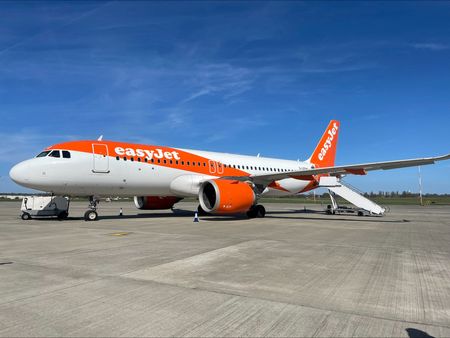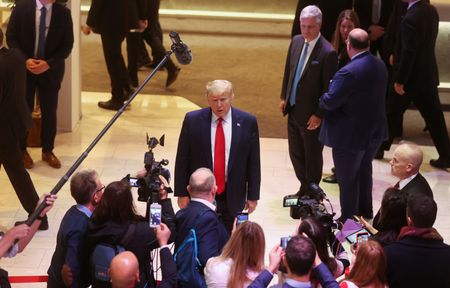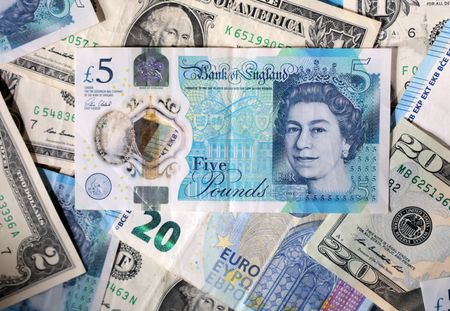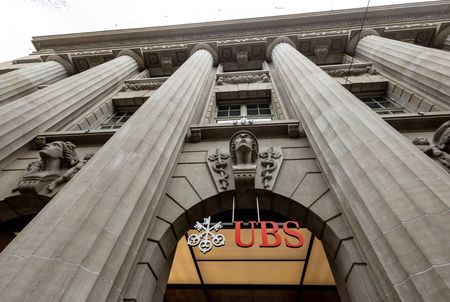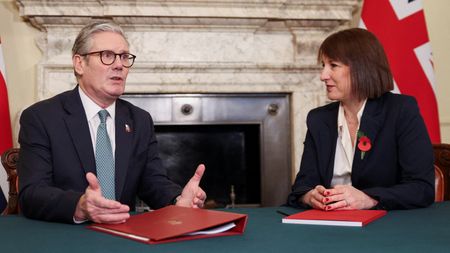BERLIN (Reuters) -The leaders of Germany’s governing coalition agreed to reduce costs for airlines late on Thursday, including tax cuts and more efficient security checks.
WHY IT’S IMPORTANT
Germany’s aviation sector has long complained that high costs put it at a disadvantage to European rivals.
CONTEXT
Low-cost carriers like Ryanair and EasyJet have reduced capacity in Europe’s largest economy, citing high costs.
While passenger numbers in the European Union have recovered and were up 3% last year compared to pre-pandemic levels, they were still down 19% in Germany, which is home to airline group Lufthansa with key hubs in Frankfurt and Munich.
BY THE NUMBERS
Germany’s coalition, led by Chancellor Friedrich Merz, agreed several measures aimed at saving 350 million euros ($408 million):
* Rolling back a tax on tickets to 2024 levels. Forlong-haul flights that’s a reduction from 70.83 euros to 58.06euros per passenger. * Cutting air traffic control fees by well over 10% by 2029 * Reducing security check costs through more efficientprocesses
RESPONSES
“The federal government has kept its word and put an end to years of spiralling costs for taxes and fees for air traffic in Germany,” the head of industry association BDL, Joachim Lang, said.
A Lufthansa spokesperson called the decision an important step “because flying in and out of Germany has become too expensive”.
REACTION
Lufthansa shares rose by around 2.5% on Friday morning.
($1 = 0.8575 euros)
(Reporting by Klaus Lauer and Thomas Seythal. Editing by Mark Potter)

